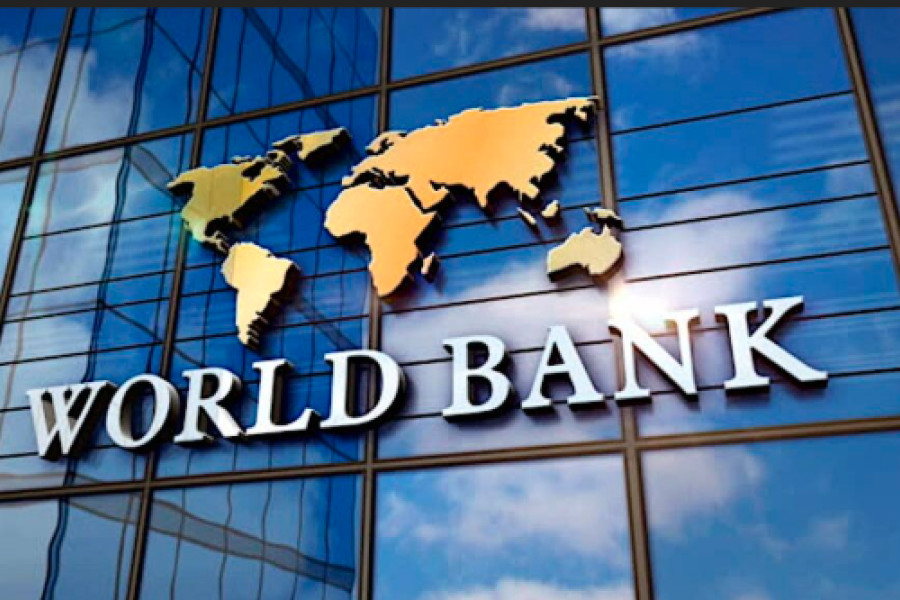
Illicit Financial Flows (IFFs) , A talking point for development outcomes
AFRODAD recently held a conference on illicit financial flows (IFFs) from the 3rd to 6th of August with the theme “Tackling IFFs in Africa, rethinking the African approach” virtually where recommendations where given on the need for collective action to tackle IFFs was heralded.
Africa is estimated to be losing more than 50billion annually through IFFs at a moment where Africa requires these resources to fund the sustainable development goals and African Union Agenda 2063. The global financial architecture remains unfair resulting in loss of tax receipts for Africa due to the increasing number of tax havens that facilitate IFFs and tax evasion. IFFs deplete domestic resources especially in countries with low revenue mobilisation capacities thereby undermining developmental provisions of basic social services as health and education. Closing the IFFs loopholes in taxation ensures compliance with tax regulations, will ensure that Africa derives full benefits from commercial activities including creation of employment for the locals and provide leverage to meet the SDGs.
The conference identified the nexus between IFFs, Debt and Inequality, weaknesses and gaps in the current African governance frameworks to curb IFFs and the link between social protection and IFFs. Major weakness identified in the IFFs fight are; the as lack of coordination and cohesion in the efforts to curb IFFs, weak and not enforceable regulatory and legal frameworks; data gaps in quantifying IFFs; resources and capacity gaps. IFFs sources include bribes/corruption, tax evasion, criminal enterprise earnings, and corporate profit shifting and currency regulation evasion which require different interventions. Africa was encouraged to work as one and collaborate on the fight on IFFs especially coming up with common positions for example on repatriation of stolen funds from Africa. The role of the Pan African Parliament and SADC PF to come up with regional laws informed by the recommendations of Mbeki High-Level panel report on IFFs to curb IFFS was also discussed. Since the Mbeki report on IFFs, the role to take up the work is now under the custody of the consortium that includes the African building capacity building foundation, the African union department of economic Affairs together with the economic commission for Africa. It is hoped that the IFFs fight will be channelled through one voice being the African union.
How IFFs affect governments capacities to provide social protection to its citizenry was also discussed. It was argued that social protection is a human right issues and states must utilise all resources to realise this human right. Financing social protection would require increasing tax revenue, expanding social security coverage and contributory revenue, adopting more accommodative frameworks, lobbing for increased Aid transfers, tapping into fiscal and foreign currency reserves, borrowing or restructuring deb, reallocating public expenditures and eliminating IFFs. More financial resources leave the continent in IFFs that what is received through official development aid. If money from IFFs is retained in governments it was argued that governments would have resources to fund social protection.
Coming out strongly from the meeting was the need to improve national legislations to curb IFFs. In line with that was the need to build a competent human resource with the ability to enter into contact agreements that ensure tight scrutiny of business activity so as to avoid tax evasion. Finally the conference agreed to utilise the demand side for information as recommended by the High-level Panel on IFFs is that “there is need to urgently upscale policy research and advocacy on IFFs from Africa, especially from an African perspective and to build a coalition within and beyond the African continent” so as to bridge the data gap on IFFs.
Related Stories

The Future of Sustainable Development in an Artificial Intelligence Era: Africa’s Path Forward

The World Bank at 80: An Afrocentric Critique of Poverty Alleviation Efforts